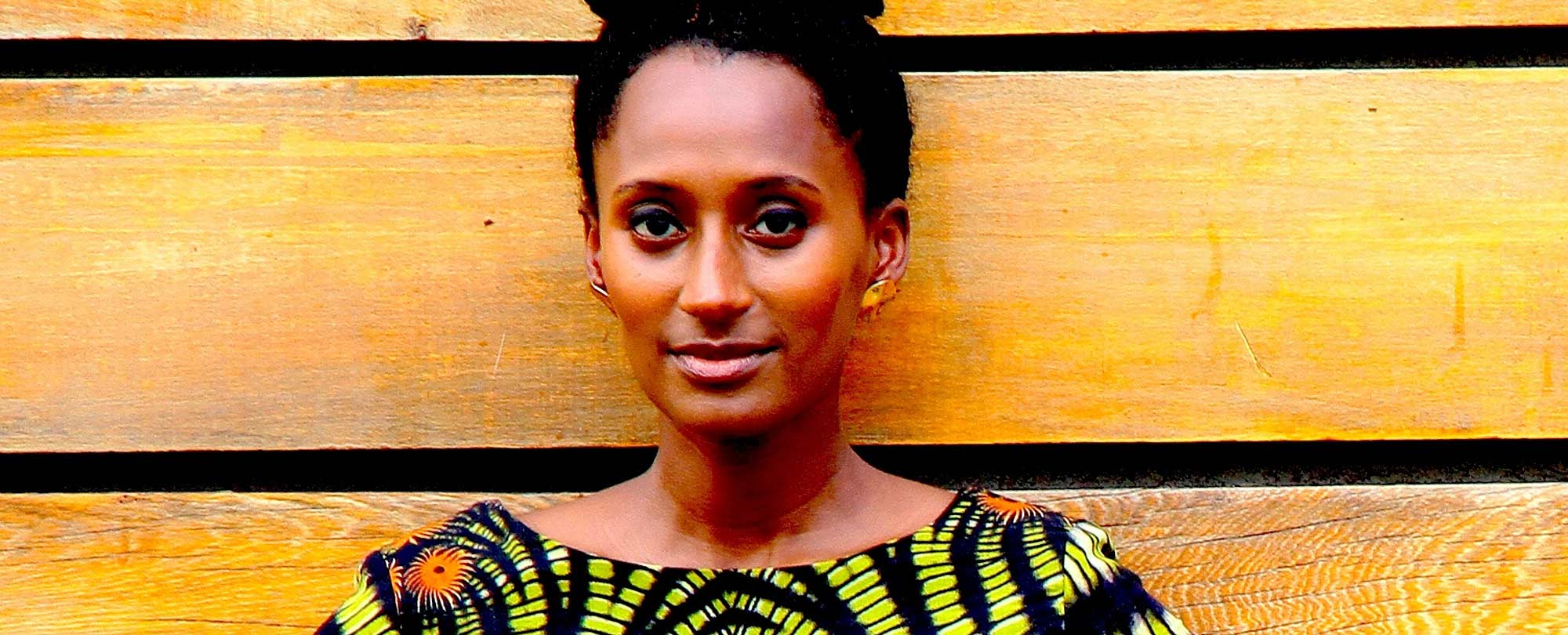Hannah Azieb Pool is a British-Eritrean curator and writer from Manchester. She has been working on an exhibit titled Fashion Cities Africa which will open on April 30 at the Brighton Museum & Art Gallery. The exhibit focuses on fashion from Casablanca, Nairobi, Lagos and Johannesburg.
Can you tell us about Fashion Cities Africa. Why the focus on cities?
Fashion Cities Africa looks at the the contemporary fashion scenes in four key African cities. We decided to look at cities to break away from this notion that African fashion is a monolithic single entity.
The cities gave us a way of doing this that made sense – one on each of the four compass points of the continent. Each city has its own narrative, influences and inspirations. There are cities within cities, subcultures within subcultures.
How did you go about curating the exhibition?
We’ve been working on the exhibition for nearly two years. The fabulous curatorial team at Brighton Museum gathered a group of experts on ‘African fashion’ of which I was one.
Publication week klaxon! #fashioncitiesafrica pic.twitter.com/OZRVoFWGz2
— Azieb-Hannah Pool (@HannahPool) April 25, 2016
Fashion Cities Africa is the first major UK exhibition dedicated to contemporary African fashion, so our starting point was very much about challenging existing ethnographic narratives and changing perceptions of what constitutes African fashion.
From there the trickiest thing was narrowing down the focus into something meaningful and coherent.
How far do you use fashion to express your identity?
I love to use fashion to subvert notions of power and identity. Professionally I spend a lot of time in predominantly white spaces, it’s here that I like to play with colour and form to express my identity as a diasporic African.
I might as well take the opportunity to stand out.
It’s important to me to wear labels by African and diaspora designers in spaces where we aren’t usually ‘let’ in. If I’m the only black woman in the room I’m never going to blend in, so I might as well take the opportunity to stand out on my own terms.
What does feminism mean to you as a woman? And as an African woman?
I’ve just returned from the African Feminist Forum in Harare. It was incredibly nourishing to be surrounded by so many inspiring African sisters.
African women have been living feminist lives for centuries.
The notion that feminism was invented by white women in universities offends me. African women have been living feminist lives for centuries.
What’s your biggest fashion disaster?
I don’t believe in fashion disasters, it’s all about how you rock it. That said, I’m grateful my jheri curl days were pre-social media.
Who’s the trendiest person you know on the continent?
No-one wears jewellery like quite like Nairobi-based designer Adele Dejak. I also love Johannesburg based writer Milisuthando Bongela’s minimalist utilitarian chic.
Which designers or labels are you into at the moment?
I met so many great designers and makers when I was researching Fashion Cities Africa. I love the way Anthony Mulli is reimagining traditional beadwork, Thula Sindi’s dresses made me gasp when I tried them on and I’m saving up for a Maki Oh piece or two.
What is the item of clothing/accessory that means the most to you and why?
I love wearing Eritrean jewellery. I don’t have enough of it but what I do have I cherish and wear as often as I can.
What are you up to next?
I’m the lead programmer for the Africa Utopia festival which takes place at the Southbank Centre, London from August 31 to September 4. It’s a huge and fabulous cross arts, pan-African festival which celebrates art and ideas from across Africa that are changing the world.
Find out more about the Fashion Cities Africa exhibit here and check out the accompanying book here
